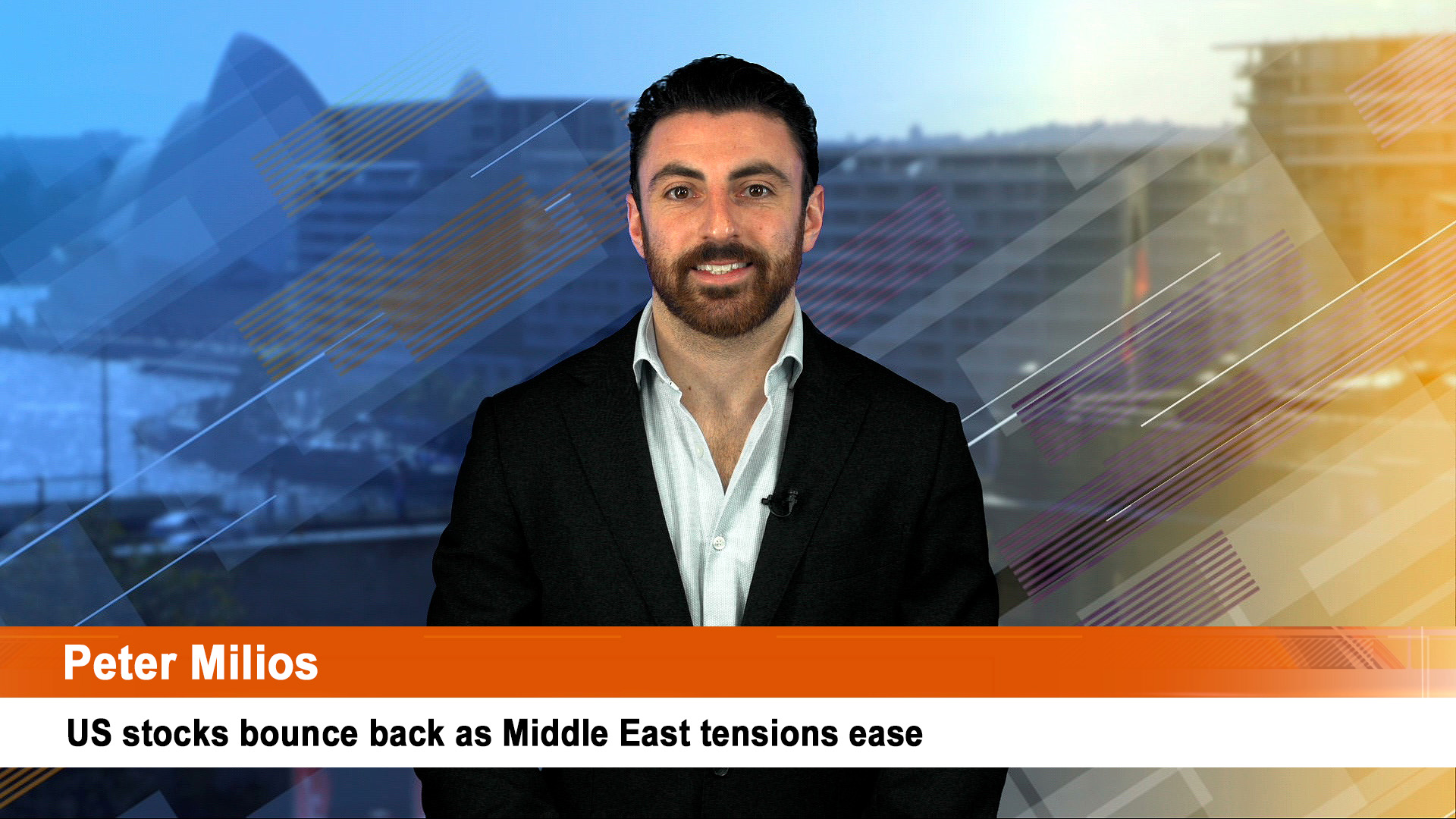Like the way they greeted the solid result from ANZ, investors gave NAB shares a good whack yesterday despite a higher interim profit and dividend.
The shares fell just on 3% to $26.56, clipping the year’s gain so far to just over 17%.
The negative reception saw ANZ and Macquarie shares ease, but the Commonwealth and Westpac enjoyed small gains.
ANZ shares fell 0.9% (down for a second day) while Macquarie Group fell 1.3% ahead of the release of their full year figures on Friday morning.
The NAB reported cash earnings of $3.343 billion for the six months to March, up 35.1% if you exclude large notable items from last year totalling $1.161 billion.
This improvement was driven by earnings growth across its Personal Banking, Corporate & Institutional Banking, and New Zealand Banking businesses, which offset weakness in its Business & Private Banking segment.
Personal Banking reported cash earnings of $859 million, up 14.1% on first half of 2019-20. as it benefitted from reduced credit impairment charges, home loan repricing, lower funding costs, and lower operating expenses.
The Corporate & Institutional Banking segment saw a 15.7% increase in cash earnings to $782 million, reflecting the improved outcomes across most areas and increased margins from risk and pricing discipline.
In New Zealand the Bank of NZ saw a 9.6% increase in cash earnings to $NZ616 million. This was due to growth in lending and improved margins, combined with lower credit impairment charges.
But Business & Private Banking saw a 10.3% fall in cash earnings to $1.216 billion. This reflects lower revenue due to low interest rates and higher operating expenses.
A key indicator of the better performance (like the ANZ and Westpac) in the latest half was the write-back of a credit impairment charge of $128 million.
This compares to a charge of $1,161 million in the first half of the 2020 financial year as the bank (like its peers) prepared for a surge in bad debts from defaulting personal, consumer, mortgage and business loans.
NAB explained in its release that this improvement reflects the partial release and non-repeat of forward-looking collective provisions for potential COVID-19 impacts and lower underlying charges.
Excluding forward-looking provisions, underlying charges reduced $447 million due to lower level of individual impairments and reduced charges for Australian retail exposures.
The 60 cents a share was double last year’s interim and all being well, points to a full year of more than $1.20 a share (going on 2020’s full year payout was just 60 cents a share).













